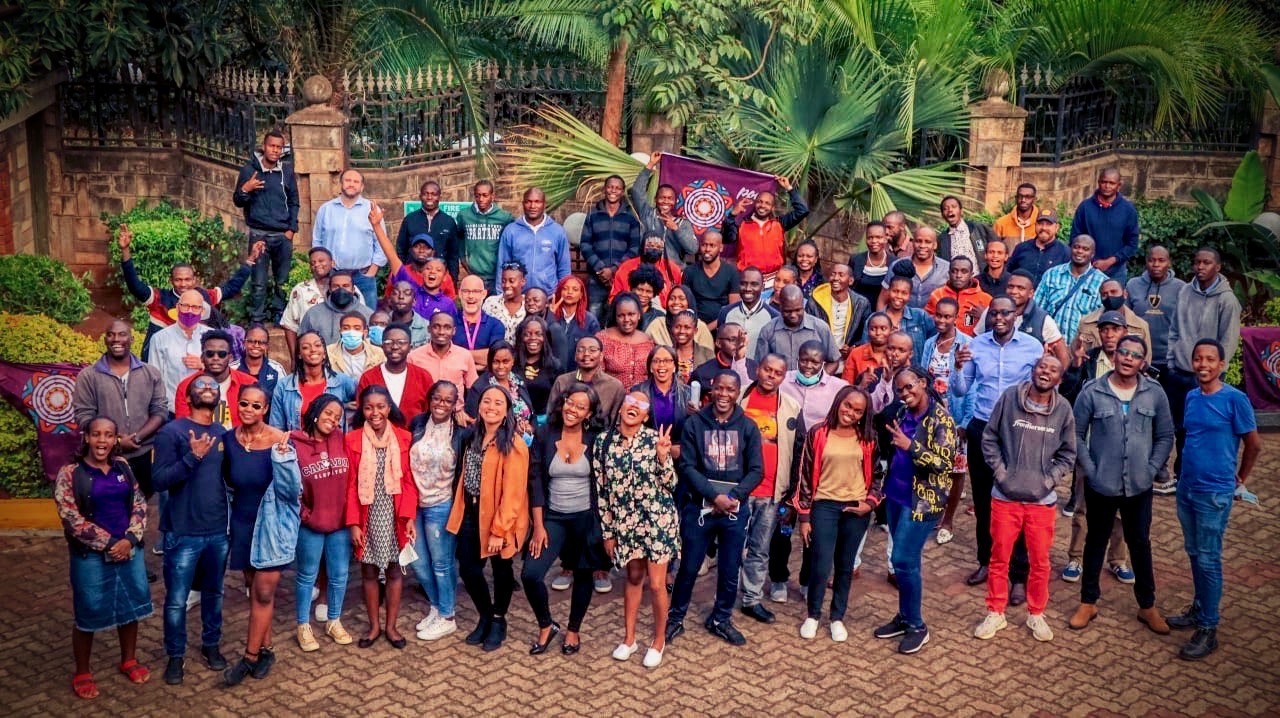In 2020, Africa50, an infrastructure financier backed by the Africa Development Bank (AfDB) Group and a good number of African governments, hosted an innovation challenge that sought affordable and reliable solutions for last-mile internet connectivity across the continent. A proposal by Poa Internet , a Kenyan startup, beat 673 others from across the world as a result of which it was added to Africa50’s investment pipeline in addition to winning a cash prize.
Slightly over one year after the win, the internet service provider (ISP) has received $28 million in a Series C funding round led by Africa50, bringing the total amount it has raised to date to $36 million. Also participating in the latest round was Novastar Ventures , one of the firm’s earliest backers.
Poa plans to use the new funding to grow its reach, first across Kenya, then progressively to other countries in the continent.
“We are focused on Kenya at the moment, but the problem we’re solving is continent-wide. And for us, it’s not just about getting people some connectivity. Our aim is to get a lot of people online and to give them a meaningful internet experience like the ability to stream videos, without worrying about how much data they’re consuming,” Poa Internet’s co-founder and CEO, Andy Halsall , told TechCrunch.
Poa Internet currently serves over 12,000 customers (homes and small businesses) in Nairobi’s low and middle-income neighborhoods, and tens of thousands more through its street Wi-Fi connections. The startup has laid out its fiber network in neighborhoods that are typically not the first target markets for its competitors like Safaricom Home by East Africa’s biggest telco Safaricom, Faiba by Jamii Telecommunication Limited and Zuku. Poa Internet founding team from left to right: Mike Puchol (CTO), Andy Halsall (CEO), Chris Rhodes (COO) and DJ Koeman (CBDO). Image Credits: Poa Internet Poa Internet charges its customers a monthly fee of about $13, which is half the market rate, giving it a competitive edge. Its customers also have unlimited data usage, another aspect that makes their products attractive to internet users in the country, where major ISPs offer monthly subscription bundles with data caps.
The startup has also set up Wi-Fi hotspots in public areas, where users pay about $0.18 for 1 GB of data, 10 times cheaper than the country’s telcos charge for a similar bundle of non-expiring internet.
“Our internet speeds are 4mbps, which is fast enough for video, because […]
